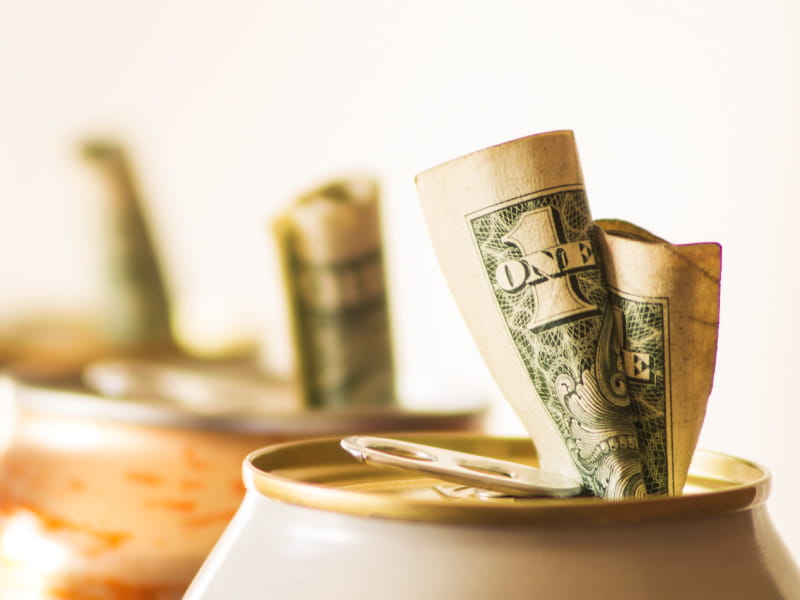Taxing sugary drinks could boost health, reduce care costs
By American Heart Association News

Three types of taxes on sodas and other sugar-sweetened drinks could help prevent heart attacks, strokes and diabetes while also lowering health care costs, according to a new simulation model.
Sugary drinks are the largest source of added sugars in U.S. diets, with about 60% of children and half of adults consuming them every day. Frequent intake of these sugar-laden drinks is linked to weight gain, Type 2 diabetes and cardiovascular disease.
Boston researchers looked at these tax models:
– drink volume at a penny per ounce
– a tax on three tiers of sugar content, up to 2 cents an ounce for more than 20 grams in each eight ounces
– a fixed penny per teaspoon of added sugars, regardless of the number of ounces
All three tax structures would generate revenue, lower health care costs and prevent cardiovascular disease events and diabetes cases, researchers said. They said the tiered and sugar content taxes could generate the largest health gains and cost savings.
"Overwhelming evidence confirms that food prices have a big impact on purchasing decisions. Taxing sugary drinks influences consumer choices, reducing consumption," Yujin Lee, co-lead study author, said in a news release. He is a postdoctoral fellow of the Friedman School of Nutrition Science and Policy at Tufts University in Boston.
"U.S. cities have introduced volume taxes on sugary drinks," Lee said. "But our findings suggest that a tiered fixed sugar content tax would be best, reducing consumer intakes while also encouraging manufacturer reformulations to reduce the sugar content of their products."
Seven cities – Philadelphia; Seattle; Boulder, Colorado; and Berkeley, Albany, Oakland and San Francisco in California – have taxes based on drink volume. Mexico, Belgium, Brunei, Norway and the Philippines have similar taxes. Sugar content taxes have been enacted in other countries, including Chile, Ireland, the United Kingdom, France, Portugal and South Africa.
The research, published Monday in the American Heart Association's journal Circulation, used data from three federal health surveys of adults 35 to 80 taken from 2009 to 2014. Researchers gleaned sociodemographic information, cardiometabolic risk factors and lifestyle habits. They calculated costs and used health care savings from fewer medical screenings, treatments, medication and surgeries and supplies.
Researchers estimated that younger adults 35 to 44 years, black and Hispanic adults, and adults with lower incomes, were estimated to experience the largest health gains. The model's population did not include children, adolescents or adults under age 35.
The study defined sugary drinks as sodas, juice drinks, sports drinks, pre-sweetened iced tea or coffee, and electrolyte replacement drinks with five or more grams of added sugars per 12 ounces.
Compared to the status quo, the simulation found that over a lifetime, a volume-based tax could prevent 850,000 cardiovascular events, prevent 269,000 diabetes cases and save $53.2 billion net health care costs.
But the tiered- and absolute-sugar content tax structures could double those gains.
"Our study underscores the importance of considering different sugary drink tax designs in any new local, state and federal efforts to improve health outcomes and save health care costs," Lee said.
The National Institutes of Health and the AHA funded the study.
If you have questions or comments about this story, please email [email protected].





